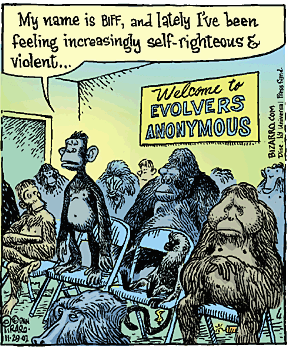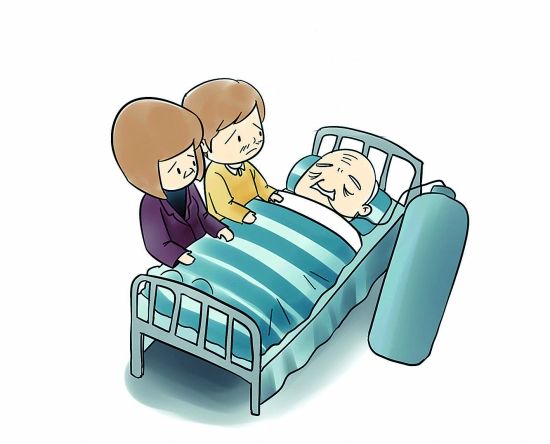Since the time of fire, man has had arguments – rare or well done? Of course, arguments depend on your point of view, or in the case of husbands and wives, what the wife thinks. Some arguments are never-ending. Over the centuries, there have been some doozies that have kept philosophy students and teachers debating.
10.Evolution or Creation?

Theologists and scientists have been arguing this one for centuries as well. The argument goes back to the time when organized religion was almost as powerful as the monarchies ruling countries. When people starting postulating that the Earth was not the center of the universe, it gave way to the rise in questioning the idea of a seven-day creation and God's role in creating the Earth. Enter Darwin and his Theory of Evolution and the debate truly kicks off with an unholy fevered pitch. Add in that there are many stories of creation across many different religions and your brain can really start to hurt.
9.Nature vs. Nurture
Does how you are raised affect your views as an adult more than what your genetic codes dictate? If your family has always been carpenters, are you destined to be a carpenter because of your genes or because of your familial upbringing? When identical twins are separated at birth and grow up to have identical tastes is that an argument that it has more to do with nature than nurture? However, is it nature to love spicy food, when that's all that your family and friends eat?
8.Gun control

It's not guns that kill people, it's the bullets. In America, citizens have a right to bear arms, which has proven to be dangerous for many other citizens and police over the centuries since the country's birth. On the other hand, large portions of the gun-toting population are careful citizens who have never crossed the law. Why should one group's rights to bear arms be stripped away because another group feels unsafe? Or why should they be allowed to bear those weapons of death among a land of peaceful citizens?
7.Euthanasia

Dr. Kevorkian helped many people commit suicide due to their health conditions and their desires. His motives were questioned because all life is supposedly precious, but his patients wanted to move on from their frail existence. What if those patients didn't have a say and we had the opportunity to choose whether they live in agony or die in peace by not giving them medication or a procedure? What is the better option?
6.The Death Penalty

Centuries ago, the prevalent rule of thumb was an eye for an eye, or in some cases, a life for a life. So the question becomes have we advanced far enough in our social and political structures to ban the death penalty? Or when is the death penalty justifiable? Is the death penalty appropriate for an accidental homicide? How about for a mass murderer?
翻译:哈利小王子 来源:前十网











